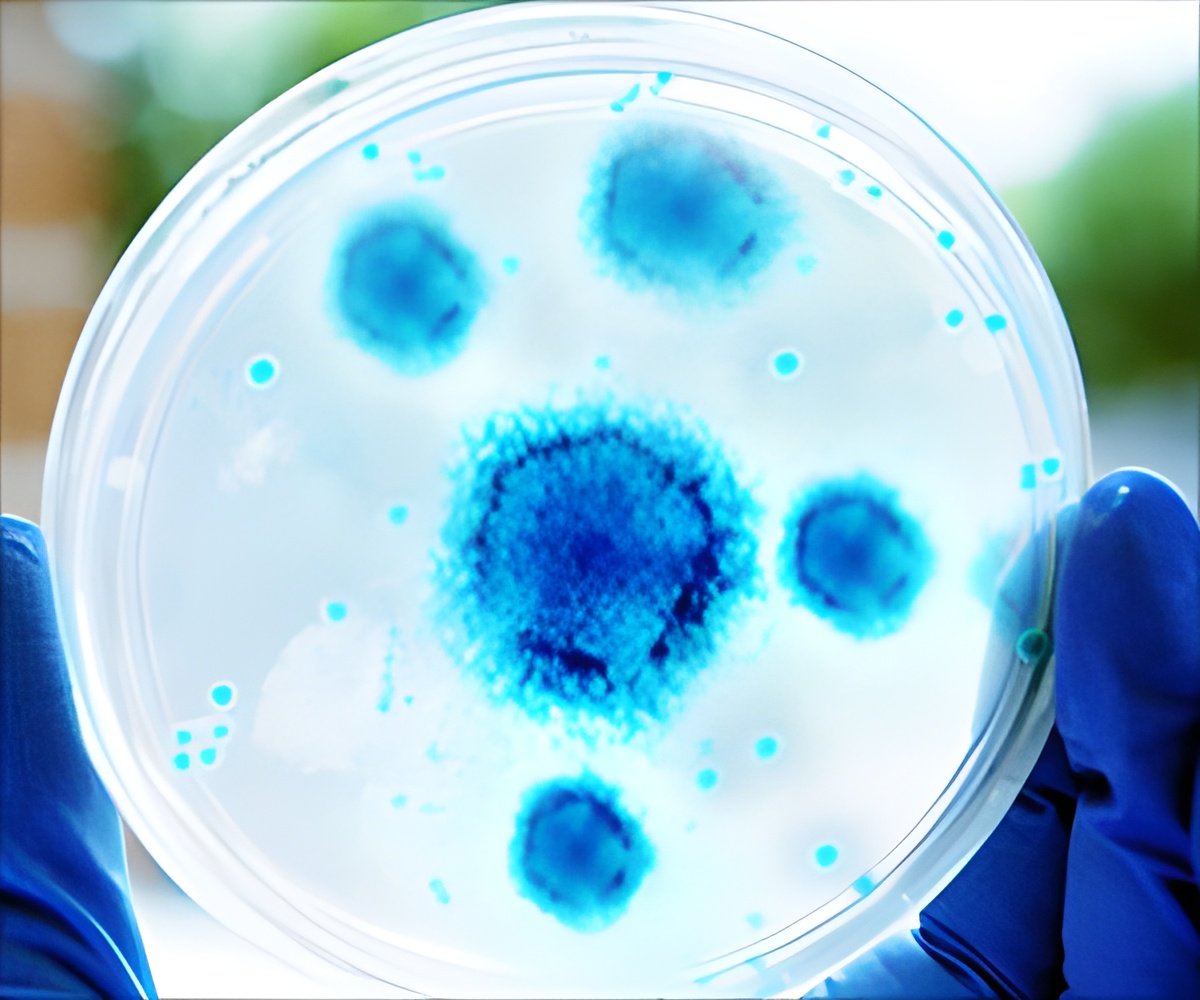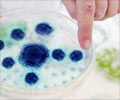The clinical study would progress on these two antibodies to see whether they can eventually be used to help humans infected with the MERS virus.
The Middle East Respiratory Syndrome (MERS) virus has claimed lives of over 400 people since it was first discovered three years ago in Saudi Arabia. Last month, the South Korean outbreak began when a traveler returned from Saudi Arabia, and infected many people before health officials realized he had the disease. So far, around 180 people have been infected in South Korea, and about 33 have died. Researchers at the University of Maryland School of Medicine and Regeneron Pharmaceuticals, Inc. have found and validated two therapeutics that show early promise in preventing and treating the disease, which can cause severe respiratory symptoms, and has a death rate of 40%.
Lead researcher on the study, assistant professor Matthew B. Frieman, said, "The findings were pointed towards real potential to help MERS patients, and we hope that clinical study would progress on these two antibodies to see whether they can eventually be used to help humans infected with the virus. The two antibodies, REGN3051 and REGN3048, showed an ability to neutralize the virus."
This research has been done in collaboration with Regeneron, a biopharmaceutical company based in Tarrytown, New York. The researchers used several of the company's proprietary technologies to search for and validate effective antibodies targeting the virus.
The study is published in the
Proceedings of the National Academy of Sciences (PNAS).Source-ANI











